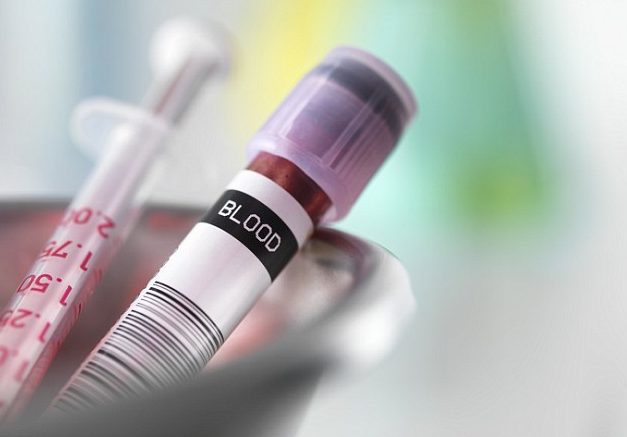Dracula Solution for Improving Health of Older People
The legends of Dracula became popular after the publication of the book, Dracula, by Bram Stoker in 1897. Many believe that Stoker got his inspiration from Vlad III, also known as Vlad Dracula or Vlad the Impaler. Vlad III lived in the Transylvania region of Romania, in the middle 1400s. He was the son of Vlad Dracul, a prince over the local region. He was known by legend as using horrible punishments including having his enemies impaled on large sharp poles. His legend spread to Russia, Germany and Italy. His legend became synonymous with Transylvania.
Quick note, a good friend of mine is one of the world’s leading experts on caves. He was born and raised in Transylvania, Romania. He often used to wait until he had visitors deep inside a local cave to tell them that Vlad Dracula used to spend time in that cave and every time a bat flew by, he would point and say ‘there he is’. He was quite the prankster.
In Stoker’s book, Dracula lived by drinking the blood of young maidens. Their blood kept him alive and healthy and helped him avoid aging. Without their blood, he would starve.
No one recommends drinking blood, directly from anyone, anything or stored, but the concept of the blood of young maidens being healthy is proving to have some merit.
Geneticist Dame Linda Partridge says that research indicates that using the blood from younger sources actually improves the health of older recipients when used in transfusions.
According to the report:
“Publishing an analysis of data in the journal Nature, Dame Linda Partridge, a geneticist, says research shows young blood could allow humans to live a life free of diseases like cancer, dementia and heart disease, right up until their deaths.”
‘Her work forms part of a wave of studies and trials, including a set of human trials backed by Peter Thiel at a San Francisco start-up called Ambrosia, injecting older adults with young blood – something that would cost $8,000 if it were rolled out to the public.”
“Professor Partridge’s study found that when older mice were given young blood they did not develop age-related diseases and maintained sharp cognitive function, while younger ones given older blood saw the opposite effect.”
“According to her, it is proof that blood needs to be more closely studied in animals to identify the molecules that conserve physical health.”
If Partridge’s research proves her early findings, then perhaps if you find yourself in need of a blood transfusion, you may want to ask for the blood of young donor. Think of it like ordering wine from a good year and order your blood to be from someone under 30.









Recent Comments